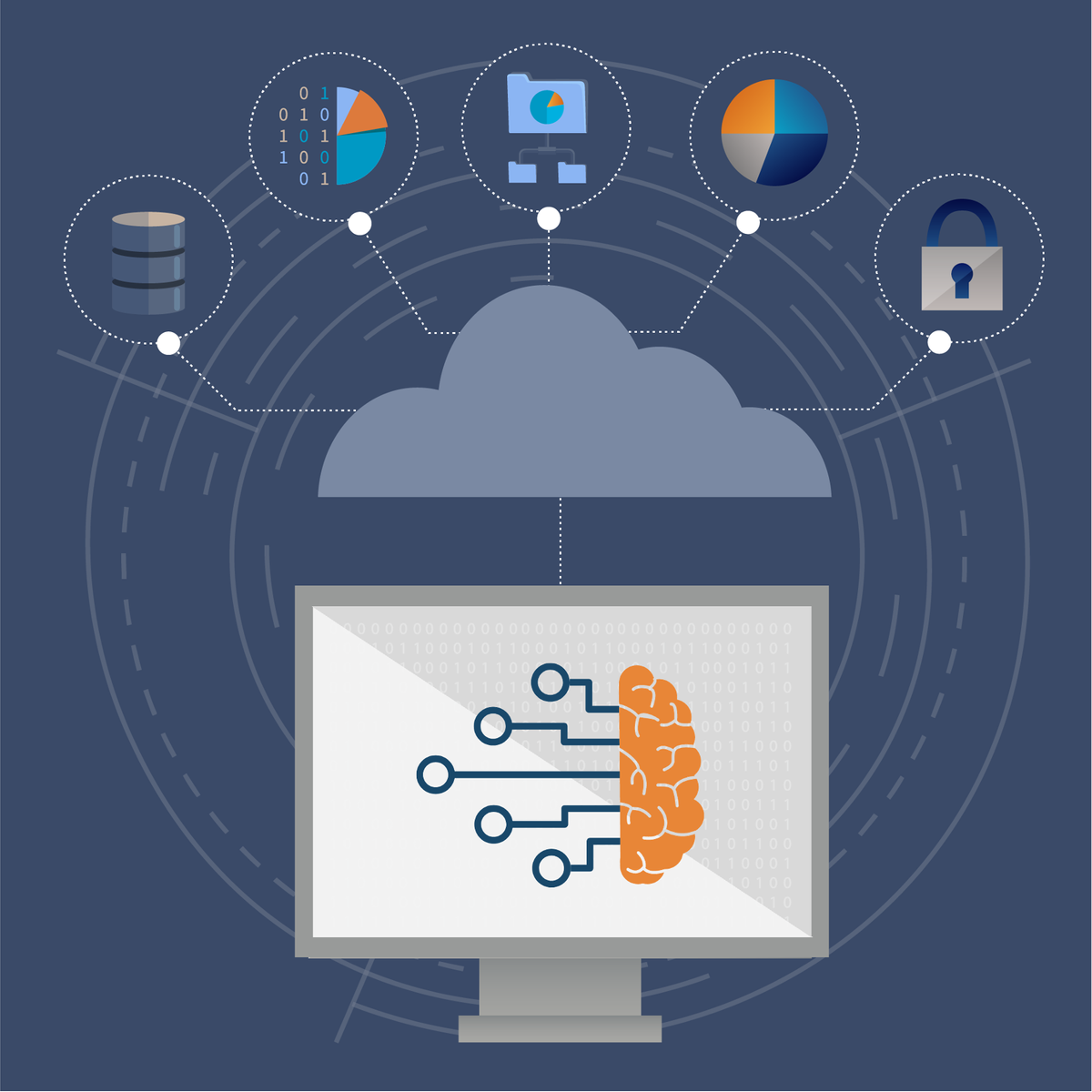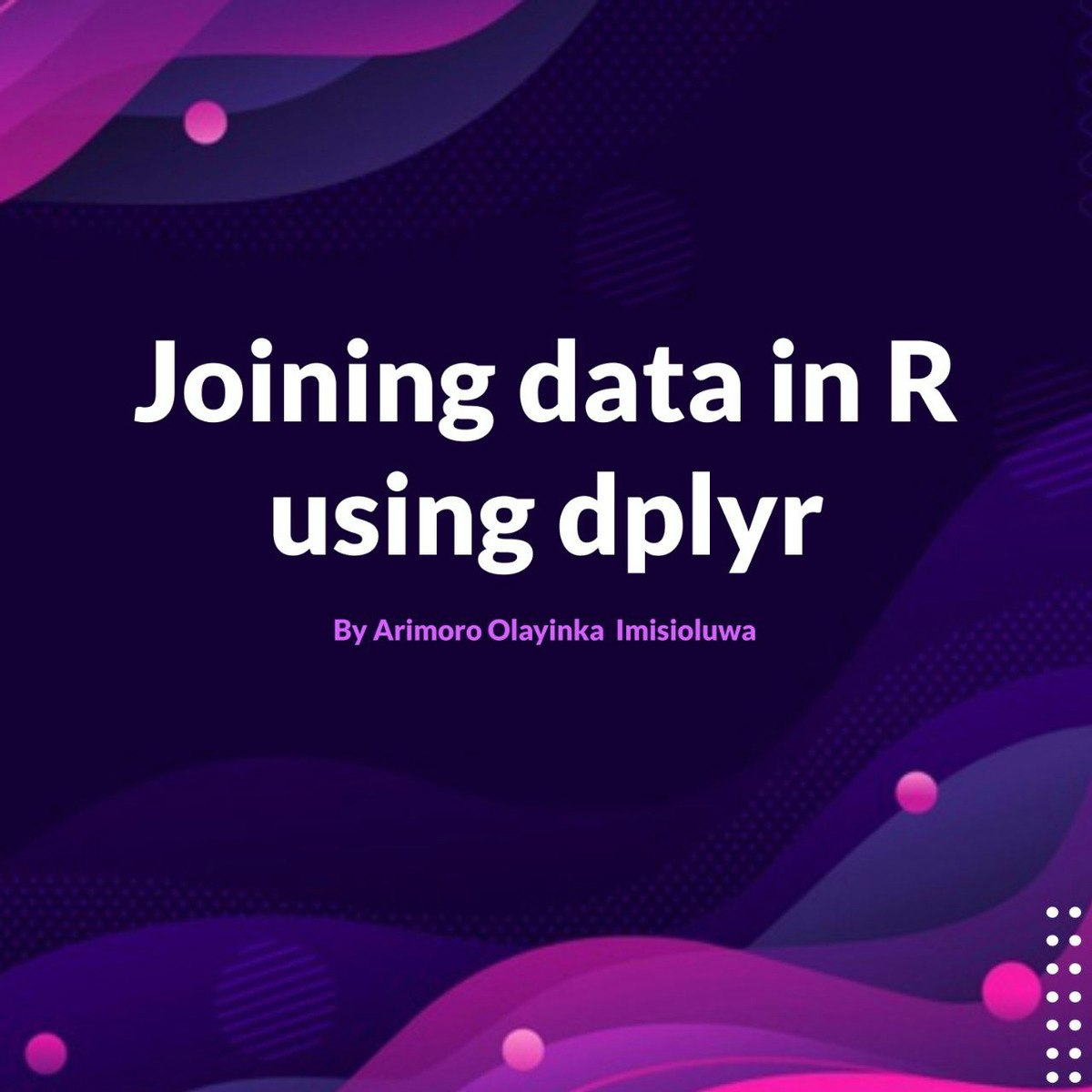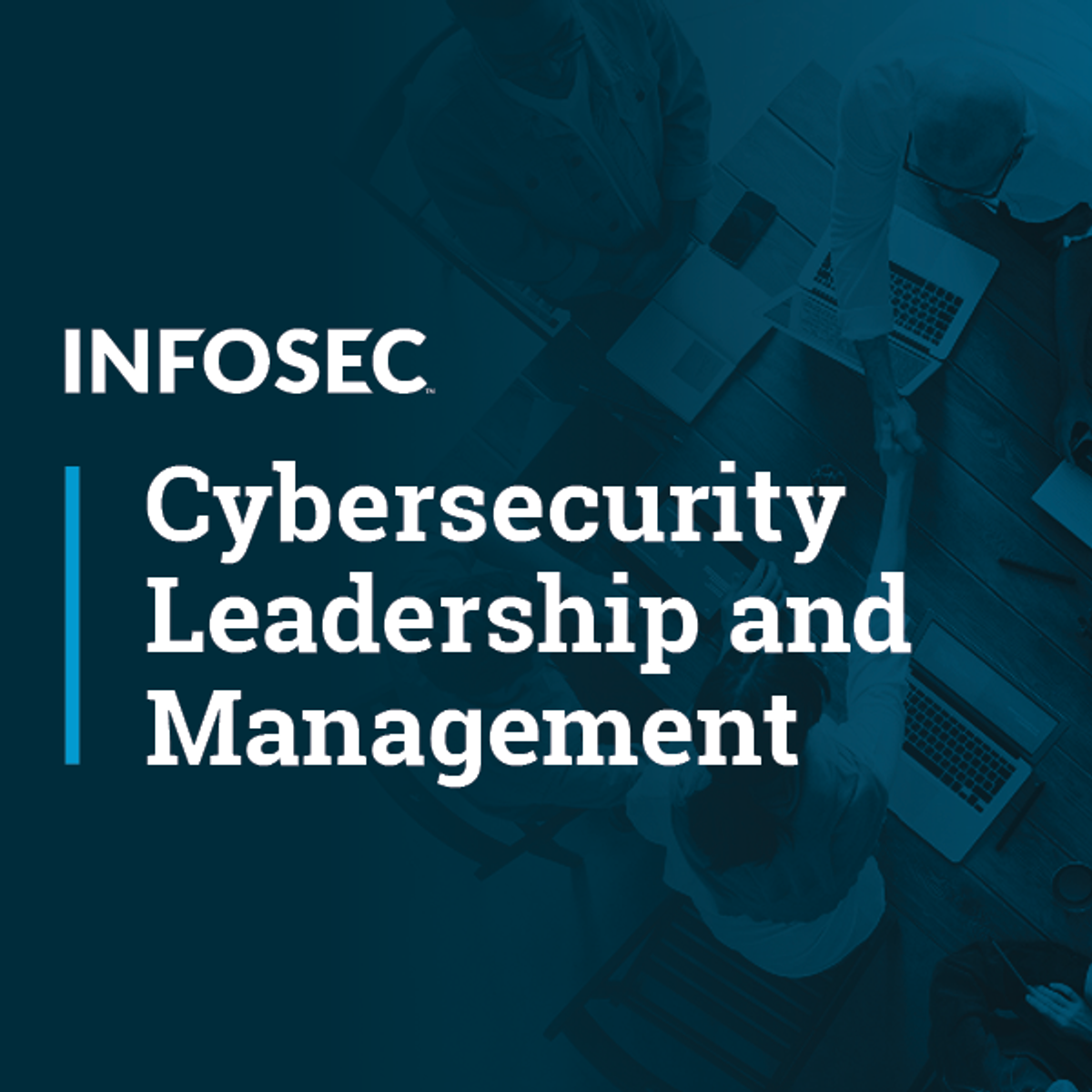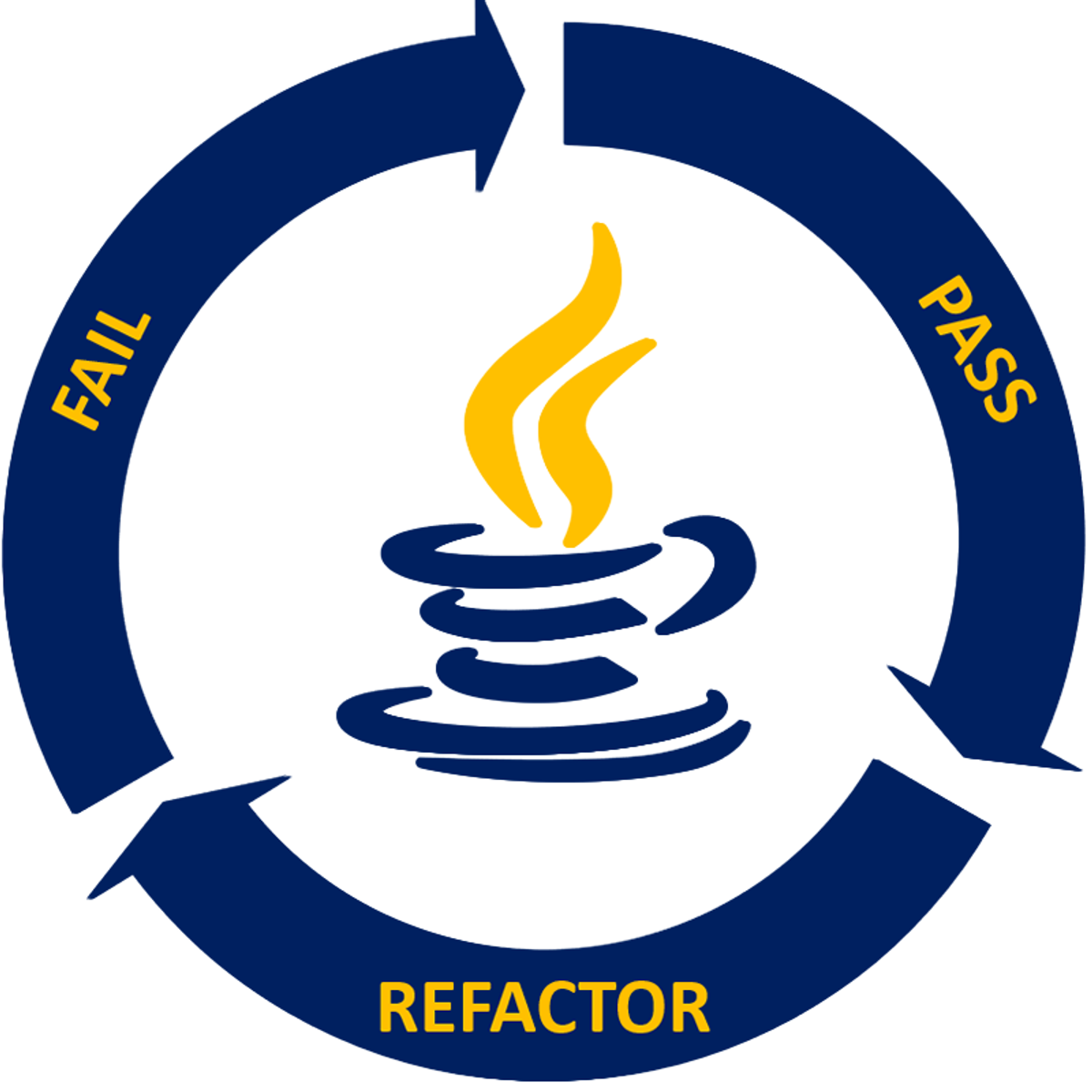Back to Courses









Information Technology Courses - Page 28
Showing results 271-280 of 1471

Cloud Machine Learning Engineering and MLOps
Welcome to the fourth course in the Building Cloud Computing Solutions at Scale Specialization! In this course, you will build upon the Cloud computing and data engineering concepts introduced in the first three courses to apply Machine Learning Engineering to real-world projects. First, you will develop Machine Learning Engineering applications and use software development best practices to create Machine Learning Engineering applications. Then, you will learn to use AutoML to solve problems more efficiently than traditional machine learning approaches alone. Finally, you will dive into emerging topics in Machine Learning including MLOps, Edge Machine Learning and AI APIs.
This course is ideal for beginners as well as intermediate students interested in applying Cloud computing to data science, machine learning and data engineering. Students should have beginner level Linux and intermediate level Python skills. For your project in this course, you will build a Flask web application that serves out Machine Learning predictions.

Analyzing Billing Data with BigQuery
This is a self-paced lab that takes place in the Google Cloud console. In this lab you will create datasets and tables, import data from billing reports, and conduct a variety of queries on the data using BigQuery.

Joining Data in R using dplyr
You will need to join or merge two or more data sets at different points in your work as a data enthusiast. The dplyr package offers very sophisticated functions to help you achieve the join operation you desire. This project-based course, "Joining Data in R using dplyr" is for R users willing to advance their knowledge and skills.
In this course, you will learn practical ways for data manipulation in R. We will talk about different join operations and spend a great deal of our time here joining the sales and customers data sets using the dplyr package. By the end of this 2-hour-long project, you will perform inner join, full (outer) join, right join, left join, cross join, semi join, and anti join using the merge() and dplyr functions.
This project-based course is an intermediate-level course in R. Therefore, to get the most of this project, it is essential to have prior experience using R for basic analysis. I recommend that you complete the project titled: "Data Manipulation with dplyr in R" before you take this current project.

Proactive Computer Security
I’ve heard this before – “I’m not sure my computer security practices are working”. I reply “Have you tested them?” This course is the fourth and final course in the Practical Computer Security specialization. In this course, you’ll learn how to proactively test what you have put in place to protect your data. In the first week you’ll be able to discuss the basics of deterrents and how to “trick” attackers into believing they’ve hit a goldmine of data away from your real systems. In week 2, you’ll be able to understand and discuss the steps of penetration testing methodology. In week 3, you will be able to understand and apply what you have learned on your own systems to test whether your systems are secure or not. In week 4, we’ll discuss planning for your own methodology that you can apply to your own systems. And finally in week 5, we’ll finish up with a project that will allow you to test your skills in a safe environment.

Governance and Strategy
This course is an introduction and an overview to the basic principles of cybersecurity Governance and Strategy. It provides guidance on determining information security objectives and how to
measure progress toward achieving them. It is an exposition on the rationale and necessity for
senior management to integrate information security into overall organizational governance at
the highest levels.

Speech to Text Transcription with the Cloud Speech API
This is a self-paced lab that takes place in the Google Cloud console.
The Cloud Speech API lets you do speech to text transcription from audio files in over 80 languages. In this hands-on lab you’ll record your own audio file and send it to the Speech API for transcription.

Azure: deploy a Web Server using the Container Registry
In this Guided Project, you will familiarize yourself with the Azure Container Registry, by creating a custom Container Registry to push and pull your own Docker images. You will build images and then run and publish a static web server and a Nextcloud instance, by using Azure Container Instances. You'll learn the basics of the Azure Command Line interface and you will learn how to build an image completely on the cloud.
Note: before taking this Guided Project, if you don't have an Azure subscription yet, please create an Azure Free Trial beforehand at https://portal.azure.com

Cloud Security Basics
This course introduces you to cybersecurity for the cloud. We'll learn and apply classic security techniques to today’s cloud security problems. We start with a deceptively simple and secure web service and address the problems arising as we improve it. We’ll analyze recent cloud security vulnerabilities using standard, systematic techniques. We’ll build our own web service case studies and construct security solutions for them. Our toolkit contains classic security concepts like Least Privilege and Separation of Duty, as well as more technical cryptographic and access control techniques.

Java Testing: An Introduction to TDD
Test Driven Development (TDD) is an industry accepted technique to build Enterprise Applications and enhance quality. This course will introduce a test first approach for the development of Java artifacts and explain the benefits of adopting such a technique

Creating Advanced Data Transformations using Cloud Dataprep
This is a self-paced lab that takes place in the Google Cloud console.
In this lab, you will build upon a previous flow and learn some advanced tactics for preparing data.
Popular Internships and Jobs by Categories
Browse
© 2024 BoostGrad | All rights reserved


